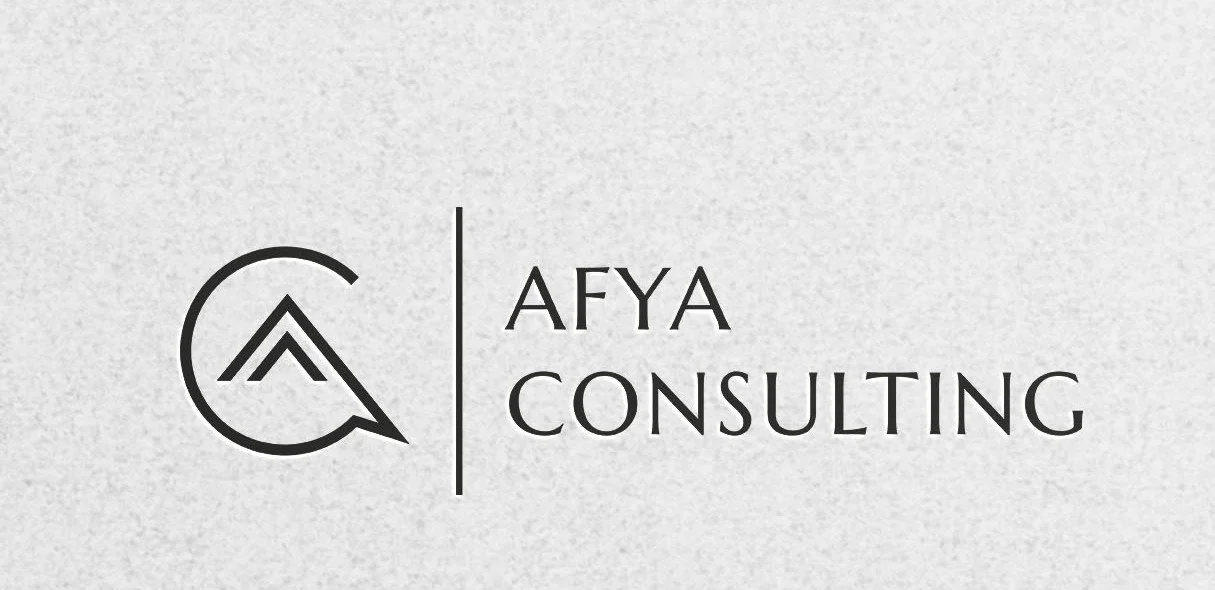Is Your Clinic Ready for AI?
Practical Tips/Reminders for Canadian health Clinic Owners to support data protection and privacy for their clients.
Practical Tips to Consider
Disclaimer: I’m not a legal expert or privacy regulator. This article is to help distill key themes and offer some practical starting points for clinic leaders.
We Create a LOT of Data—But Who’s Using It?
As humans interacting with phones, wearables, and digital health systems, we create copious amounts of data every day.
The average person generates hundreds of gigabytes of data daily—and potentially terabytes per year (IDC & Seagate, 2020).
In healthcare, even where patient records and imaging contain rich insights, only 3–5% of this information is actively used to improve care (IBM Watson Health, 2021; Deloitte, 2023).
A 2023 Canadian Medical Association survey found that only 20% of Canadians feel confident they understand how their health data is being used.
And the truth is—many health providers don’t either.
As AI tools enter clinics and data volumes grow, these transparency and trust gaps are only getting more urgent.
Canada’s AI Momentum in Healthcare
AI is reshaping healthcare in Canada—from drug development and diagnostics to administrative workflows, telehealth, and triage. We're seeing new technologies emerge across research, clinical, and operational functions.
That’s not necessarily a bad thing.
When implemented ethically and safely, AI can help scale research, detect patterns in patient populations, reduce clinician burden, and improve care coordination. It can even enhance administrative efficiency through automated note-taking and scheduling.
But it’s not all smooth sailing.
Federal AI-specific legislation (like Bill C-27) is still in progress.
Provincial regulators are updating privacy guidance in real-time.
And EMR vendors or AI startups may use data in ways clinicians and patients don’t expect—or consent to.
The Privacy & Security Reality for Clinics
Privacy and data security are among the top concerns in AI adoption across Canadian healthcare.
Only 21% of Canadian physicians feel confident that AI tools can protect patient privacy (CMA, 2023).
The sector has experienced over a dozen high-profile cyberattacks in recent years—including attacks on SickKids Hospital and Newfoundland’s provincial health system.
Canada’s privacy regulators are actively investigating how data from clinics is used by vendors, including for AI model training.
For small- to mid-sized clinics, this can feel overwhelming. But you don’t need to be a privacy lawyer to take meaningful action.
What Can Clinic Owners Do?
Here are five practical actions to consider:
1. Conduct a Privacy & Security Review
Read your EMR’s Data Processing Agreement (DPA) or Terms of Service. Confirm that they won't use any of the data without explicit consent from you and/or the patient.
Ask whether data is stored in Canada (this affects legal jurisdiction).
Ensure the vendor isn’t using patient data for AI model training or analytics—unless you’ve explicitly agreed to it (see the first bullet above).
2. Ensure Informed Consent
If you’re using AI tools (like note-taking assistants), be transparent with patients.
Explain how their data is used, whether it’s stored, and if it’s shared.
3. Appoint an AI/Privacy/Security Designate
This could be you as the clinic owner, or a clinic manager.
Someone who has clear expectations and is empowered to become informed in a quickly-changing landscape.
4. Track Evolving Regulations (see point #3)
Stay informed about provincial laws (like PHIPA, PIPA, Law 25 in Québec).
Monitor updates from the Office of the Privacy Commissioner, CMA, and your own professional college or association.
5. Create an AI Policy for Your Clinic
Even a one-pager outlining how you use AI and manage patient data builds accountability and trust.
Communicating With Patients
Trust is the foundation of all healthcare relationships.
Clearly explain how digital tools and AI enhance care—from reminders and record-keeping to personalized recommendations—while emphasizing your commitment to protecting personal health information.
A Final Note for Patients (really, all of us!)
If you’re a patient reading this, I encourage you: ask questions. You have a right to know:
What data is being collected
Where it’s stored
Whether it’s being used for anything beyond your care
Read the forms you sign when you start with a new clinician. Healthcare is becoming more digital and data-driven every day. The more informed we all are, the better choices we can make—for our care and our privacy.Don’t worry about sounding professional. Sound like you. There are over 1.5 billion websites out there, but your story is what’s going to separate this one from the rest. If you read the words back and don’t hear your own voice in your head, that’s a good sign you still have more work to do.
Be clear, be confident and don’t overthink it. The beauty of your story is that it’s going to continue to evolve and your site can evolve with it. Your goal should be to make it feel right for right now. Later will take care of itself. It always does.

